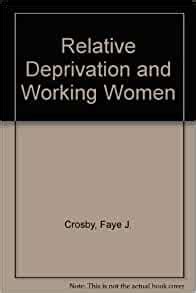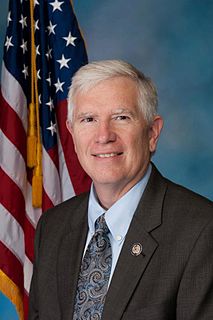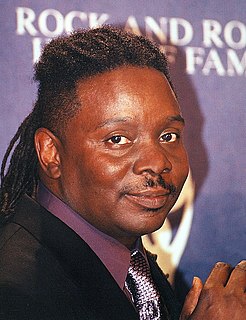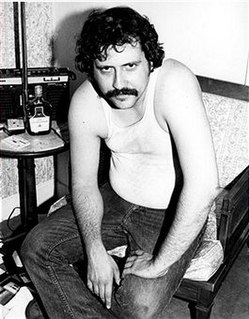A Quote by James D. Watson
I have a son, who is a... not an ordinary form of schizophrenia, but clearly, cannot take care of himself. And the great fear of then, of all parents is, when the parents die, who takes care of your child? And the answer is: they become homeless.
Related Quotes
You can read the best experts on child care. You can listen to those who have been there. You can take a whole childbirth and child-care course without missing a lesson. But you won't really know a thing about yourselves and each other as parents, or your baby as a child, until you have her in your arms. That's the moment when the lifelong process of bringing up a child into the fold of the family begins.
I would expect illegal alien parents to take care of their children. If it means the kids go back home with them, that's what happens. If it means there are legal relatives in the United States that can take care of them, that can happen to. But I believe it's the parents responsibility to take care of the kids.
I can't imagine my loved ones being in this world without anybody to turn to, without any support or encouragement, guidance in any shape, form or fashion. But there's such a large population of people and that's their plight. Through no fault of their own. Sometimes parents die, sometimes parents can't take care of them - all kinds of misfortunes.
I've always assumed that my parents and my in-laws would live with me when I get older and have children. I just assume it will happen and that it's the right way to do things. It's a deeply Indian custom - that you kind of inherit your parents and your spouse's parents and you take care of them eventually.
If you do not know how to take care of yourself, and the violence in you, then you will not be able to take care of others. You must have love and patience before you can truly listen to your partner or child. If you are irritated you cannot listen. You have to know how to breath mindfully, embrace your irritation and transform it. Offer ONLY understand and compassion to your partner or child - This is the true practice of love.
Some parents were awful back then and are awful still. The process of raising you didn't turn them into grown-ups. Parents who were clearly imperfect can be helpful to you. As you were trying to grow up despite their fumbling efforts, you had to develop skills and tolerances other kids missed out on. Some of the strongest people I know grew up taking care of inept, invalid, or psychotic parents--but they know the parents weren't normal, healthy, or whole.
I have great faith in 'ordinary parents.' Who has a child's welfare more at heart than his ordinary parent? It's been my experience that when parents are given the skills to be more helpful, not only are they able to use these skills, but they infuse them with a warmth and a style that is uniquely their own.




































